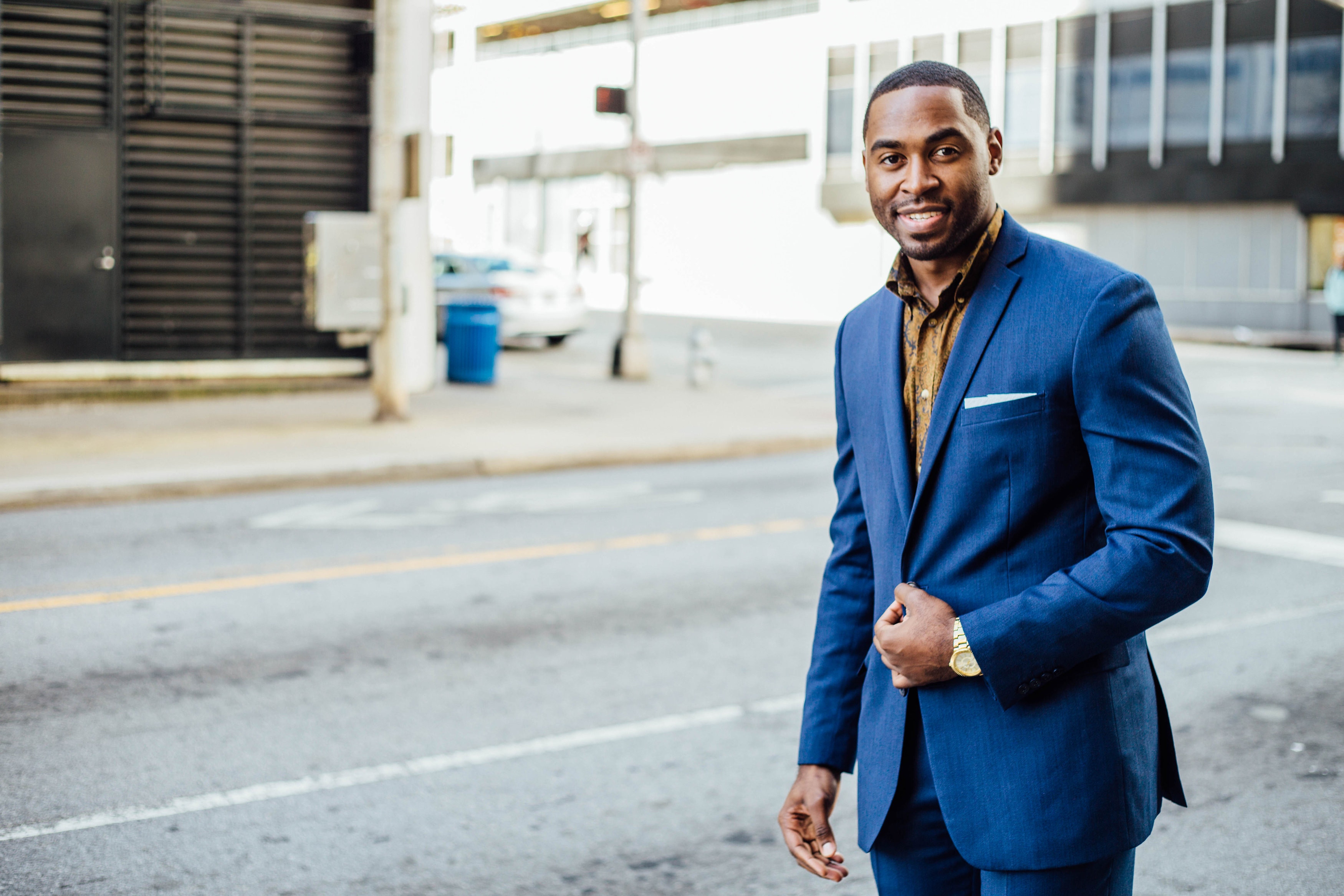First Impressions Count

As you know, first impressions count. The interview determines whether you have a chance to make a second impression. To aide you in preparing for your interview, we developed this guide. Your goal should be to positively impress the interviewer(s).
Even if you ultimately decide you are not interested in the work or the company, your long term interests are best served if the company wants YOU. You will be remembered. To ensure that it is in a positive light, you should:
Arrive on time. Know the exact place and time of the interview, the interviewer’s full name, the correct pronunciation, and title.
Know something about the organization: the location of the client’s plants, offices or stores; how big the organization is, and what its products or services are.
Prepare questions to ask during the interview. While the company tries to learn if you are a good fit for the position, you should try to learn if this is an assignment where you can demonstrate your expertise, and add to your skill set. You should know:
- The full responsibilities of the job
- Any project timelines
- Is training necessary?
- What environmental factors affect the project /work / organization?
- What are the keys to being successful in this position?
The next step:
Ask us for advice on appropriate interview attire. This varies from company to company, and your representative should be able to give you specific guidelines.
The interviewer will be searching for information that will help them understand your strengths and weaknesses, your goals, your motivations, your maturity. The goal is to determine how well your abilities and interests fit with the organization’s requirements. Remember that people generally hire people they like. With this in mind,
- Turn off your cell phone.
- Shake hands firmly.
- Don’t sit until offered a chair. Sit upright in your chair – it conveys interest. Be a good listener as well as a good talker. Smile.
- Don’t chew gum.
- Maintain good eye contact.
- Try to get the interviewer to describe the assignment and duties early in the interview so you can relate your background and skills directly to the position.
- Answer questions truthfully and simply, with brief examples to add substance to your response. Do not ramble.
- Don’t try to control the interview. The interviewer has a short period of time to determine if you might meet the needs of the project. This cannot be accomplished unless your responses are brief and to the point.
- Prepare for typical questions. Beyond what you did when, you might be asked: What kind of assignment are you looking for? What are your strengths? What would your last (or current) supervisor say is your biggest weakness?
- Prepare for behavioral questions specific to the position (questions that ask how you would respond to a specific incident or set of circumstances).
- Don’t ever make derogatory remarks about your present or former clients, employers, or coworkers.
- Don’t discuss compensation related items. If you are interviewing for a consulting position and the company asks about rates, refer them to us.
Remember that the goal is to get an offer for the assignment. You don’t know exactly what you’re turning down until you have the offer.
In closing the interview:
- If you want the position, be sure the client understands this.
- Don’t expect an offer during the interview. The interviewer will probably expect to make final arrangements through us, or may wish to interview more applicants before making a decision.
- Thank the interviewer for his or her time.
- Call us for a debriefing. Your account manager will also talk to the client, and be able to give you input on what they considered your strengths and weaknesses for this work. They’ll be able to help you strategize your request for a specific start date. They can get you answers to the questions you thought of later, or felt were too delicate to ask during a first interview.
Finally, prepare a thank you email. If you want this position, this is your opportunity to re-address any issues you think you handled less than perfectly during the interview, and to stress the strengths you bring to the job. It also is an opportunity to demonstrate that you’ve already begun thinking about specific things you might do for the company. Did they mention a problem you’ll have to solve? Give them an idea of what your first step would be in solving that problem. Show them how pro-active you are.





